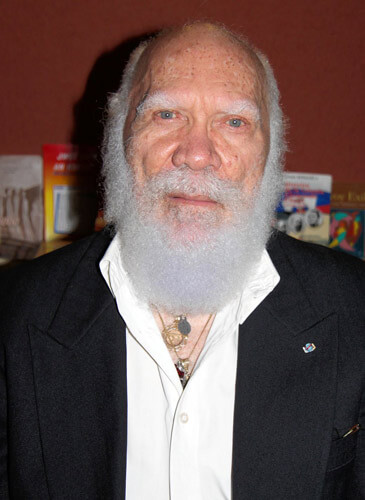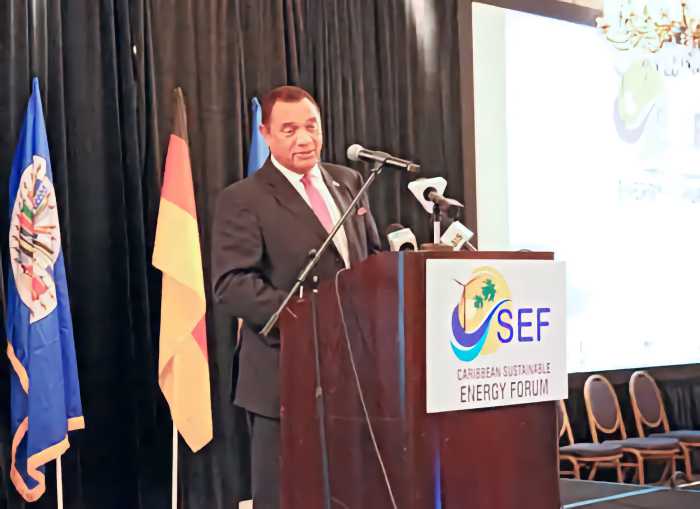President of the Haitian Studies Association Claudine Michel welcomed over 250 scholars, researchers, organizers, activists, and practitioners to the annual conference, Nov. 7 – 9. This year’s conference was particularly sweet.
The Haitian Studies Association (HSA), which started in 1988 by visionaries in Boston as an institute that would be a forum for thinking about Haitian Studies, celebrated its 25th anniversary. By being held in Haiti, young Haitian scholars and practitioners on the ground were able to attend. The atmosphere was electric.
Haitian Studies has increasingly been concerned with scholars’ obligation toward Haiti. Further fueled by the earthquake and aftermath, Michel challenged participants to understand reconstruction in relationship to history, power, and democracy. She asked: Where does responsibility lie in terms of new discussions about Haiti. This year’s theme was subtitled: Toward New Narratives for Haiti in 2013 and Beyond.
Founding member and Executive Director Marc Prou noted that the 2010 earthquake decimated the University system but there is a continuing resurgence. “The system is coming back more vibrant than ever thanks to the dedication of hundreds of young and seasoned faculty members.”
The milestone conference brought together nine past presidents.
Trinity University professor Leslie Desmangles was president during its fledgling years (1994-1998). He noted the substantial number of published scholarly books by young scholars. “I attribute this development directly to the work of the association.”
Dr. Guitele Nicoleau (2008) commented how “HSA has become a privileged space for Haitianists all over the world to come together and find like minds and dissenting perspectives about Haiti.” Prior to its inception, she noted that there was no such forum to share these forms of scholarship and ideas.
Following pre-conference events and workshops for emerging scholars, the tri-lingual conference (Creole, French and English) of concurrent panels–45 in all–began in earnest.
Two sessions were devoted to the legacy of academic and anthropologist Michel-Rolph Trouillot whose untimely death at the age of 63 in 2012 is a great loss to the Haitian community of scholars.
Panels ran the gamut including literature, oral histories, history, Haitian vodou, Haitians and their descendants in the DR, music and art, public education, patterns in migration, the environment and sustainability, development and reconstruction, and social movement strategies.
Six York College students attended the conference with their professor Margarett Alexandre presenting their experiences of bringing theory to practice — service learning experiences in Haiti of these York College nursing students.
Former Prime Minister Michele Pierre-Louis and other practitioners gave first hand accounts of work they’re doing in Haiti.
Dr. David Walton talked about the challenges and opportunities in building the new 300-bed teaching hospital in Mirebelais. Haiti graduates 500 medical students a year and only has 100 slots for interns and residents. The new hospital has 12 slots for residents and interns. The hospital is the world’s largest solar powered public hospital and is a public facility of Haiti’s Ministry of Health, a project of Partners in Health (PIH) and Zanmi Lasante.
Also at this session was Dr. Paul Farmer, devoted to providing health care for the underserved, with 26 years on the ground in Haiti.
At the final dinner banquet Awards of Excellence were given to filmmaker Arnold Antonin, and 77-year-old Franketienne, writer and playwright known for writing in creole.
Ninety-six year old Vivian Gautier received the Award for Service for her persistence and promotion of Haitian dance for the past seventy-plus years.
Haitian Studies Association presented its first book prize to authors Kate Ramsey and Georges Eddy Lucien.
The conference with its love-fest evening wrapped up with Boukman Eksperyans propelling all participants to the dance floor.

Photo by Tequila Minsky



























